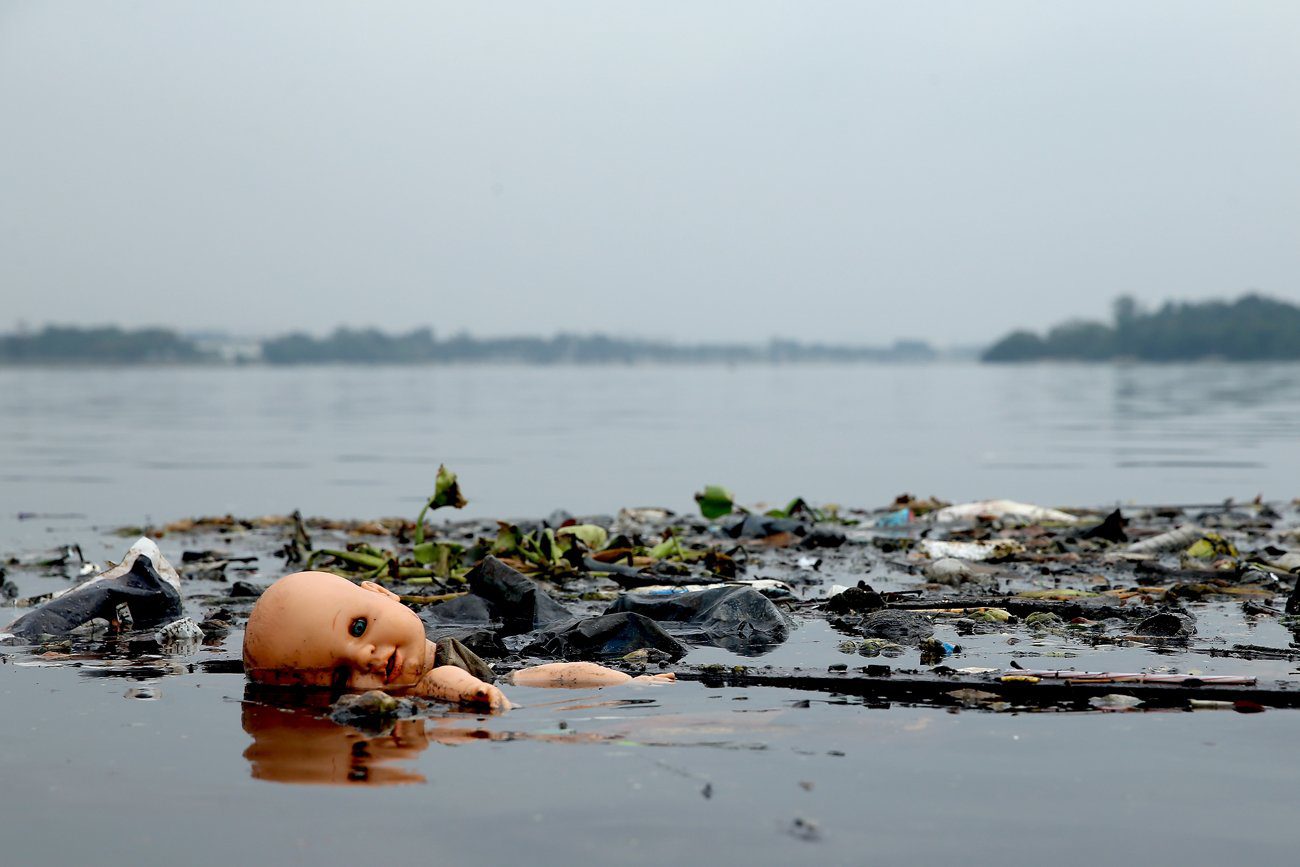Swimmers need to only ingest three teaspoons of water to almost certainly contract a virus in Rio

After months of reports regarding the high level of water contamination at Rio water sport venues — including the waters of triathlon’s Copacabana Beach — the latest findings from a commissioned Associated Press report reveals that athletes need only ingest “three teaspoons to almost certainly contract a virus.”
The 16 month long commissioned study found that Rio de Janeiro waters are 1.7 million times as contaminated as levels that would be considered dangerous in the United States or Europe. Besides raw human sewage, there are dangerous viruses and bacteria in the water that could cause stomach and respiratory illnesses as well as less commonly heart and brain inflammation if consumed in this small quantity.
In an interview with the Independent, medical professionals weighed in.
“Seeing that level of human pathogenic virus is pretty much unheard of in surface waters in the US, said Dr Valerie Harwood, chair of the Department of Integrative Biology at the University of South Florida. “You would never, ever see these levels because we treat our waste water. You just would not see this.”
Athletes and tourists are encouraged not to put their head under water, but for those who won’t be able to listen to that advice — swimmers and triathletes — they are strongly encouraged not to ingest any.
The report also reveals that contamination isn’t limited to the water.
According to the article, “Samples from the beaches at Copacabana and Ipanema revealed high levels of viruses, which recent studies have suggested can pose a health risk – particularly to babies and small children.”
While no triathletes have indicated they won’t be competing due to risk of illness from water contamination, many are choosing to limit their stay in Rio and avoid extra swimming in Copacabana waters prior to their race.
